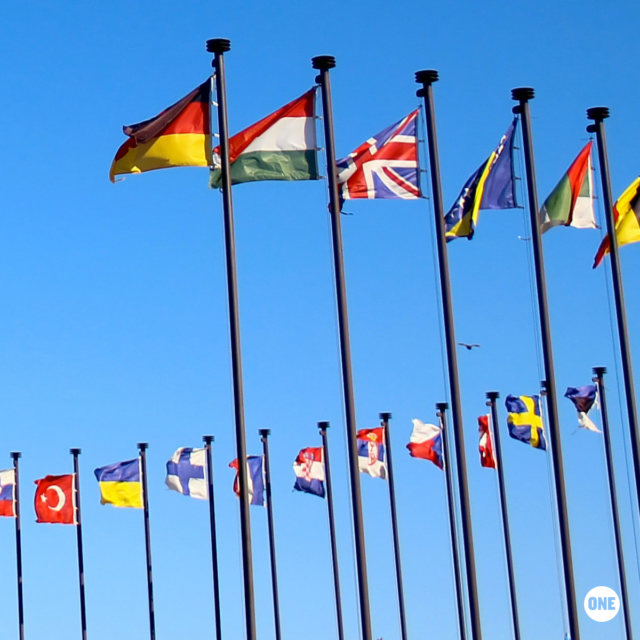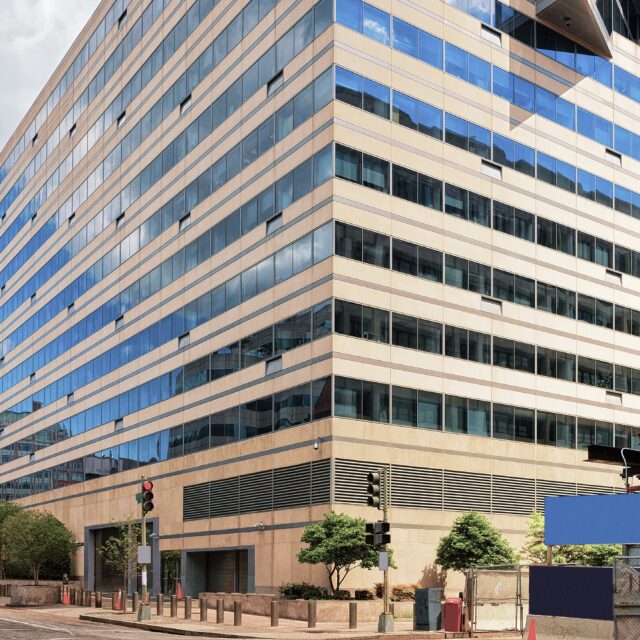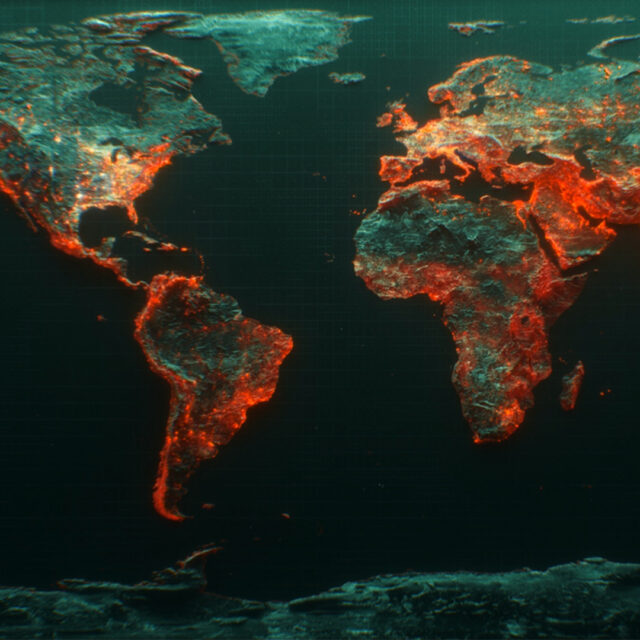Fifteen years ago at the historic Gleneagles summit hosted by the UK, The ONE Campaign joined millions of campaigners to push G8 leaders to cancel 100% of the multilateral debt owed by the world’s poorest countries and double aid to Africa. Adding this to previous debt cancellation from Jubilee 2000, close to $100 billion of debt was written off for 36 heavily indebted countries.
After years of burdensome debt payments, incurred by undemocratic leaders, African governments had a clean slate to invest in health, education, and their countries’ growth. This led to real progress: the poverty rate has fallen 16 percentage points over the past two decades on the continent. Many of the fastest growing economies have been in Africa.
However, as the world’s youngest continent continues to find its feet, Africa — like the rest of the world — is now hit with a liquidity crisis caused by a once-in-a-generation pandemic, and it’s threatening to derail the economic and social progress made over the past decade.
COVID-19’s impact on Africa
COVID-19 has been an economic disaster for African countries. While leaders have acted fast to control the spread of the virus, the financial impact has been unavoidable. Revenues have dried up. The dramatic drop in commodity prices, falling remittances, and flight of foreign capital have resulted in huge budgetary shortfalls.
Economic activity in sub-Saharan Africa could contract by 3% in 2020, the sharpest decline on record. In more practical terms the crisis represents a significant hit to the livelihoods of some of the most vulnerable, with incomes shrinking by about 5% and threatening to wipe out 10 years of progress in development.
Depending on the severity and duration of the pandemic, about 26-39 million people in the region could fall into extreme poverty. This is a consequence of domestic actions taken to fight the virus, but also of the dramatic economic slowdown everywhere else.
While African countries took on new loans over the past decade to fuel their growth, the impact of the unprecedented pandemic now means countries have to choose between making payments on their loans or addressing the health and social impacts of coronavirus. In Nigeria, for example, falling revenues as a consequence of the pandemic have resulted in the government spending 99% of the federal budget in the first quarter of this year on debt service.
How to tackle this new crisis
Unlike 15 years ago at Gleneagles, the world is facing a very different crisis. But the stakes are just as high, if not higher. African governments aren’t asking for a bailout. What they need urgently is capital to respond to the pandemic and stabilise their economies.
G20 countries have mobilised $10 trillion in stimulus packages to combat COVID-19 in their own countries, but many African countries do not have the same fiscal and monetary space to inject cash into their economies. Simply printing new money isn’t an option.
A moratorium, or suspension of debt payments, is the fastest way to free up cash in government budgets and create some much needed breathing room for addressing the crisis. Without debt relief, some countries will be forced to default – meaning lenders won’t get paid and the credit rating of countries will be undermined. Making an already bad situation worse.
G20 leaders have taken some action on debt — but much more is needed. At their most recent meeting on 18 July, G20 finance ministers reviewed progress on the COVID-19 Action Plan and Debt Sustainability Initiative. From the meeting, the ministers confirmed that 42 countries have requested to participate in the Debt Service Suspension Initiative, but ultimately didn’t make major progress on addressing the debt standstill for the world’s poorest countries. Now, we’re calling on the finances ministers to agree on a plan with private and multilateral creditors. This includes the World Bank, which has received $1.7 billion from the world’s poorest countries in debt repayments since the pandemic started
The G20 has already committed to suspending bilateral debt relief worth up to US$12 billion this year through the Debt Service Suspension Initiative (DSSI). It’s sorely needed, but it’s not enough. Tens of billions more in debt is owed to multilateral institutions like the World Bank, or private banks and bondholders. Since the pandemic started, the World Bank has received $1.7 billion from the world’s poorest countries in debt repayments — money that could have been used on healthcare, food security, and virus control measures.
While the World Bank has committed $1.9 billion in emergency funding for the COVID-19 response, the latest data shows that as of the end of May it had only disbursed $250 million to the world’s poorest countries. This means that some countries are paying back six times more than they have received in emergency support.
Following the lead of African governments, ONE is calling on bilateral, private, and multilateral creditors to immediately suspend debt repayments through at least 2021. G20 Finance Ministers should agree a plan with private and multilateral creditors to implement immediately when they meet this weekend.
No country should be faced with the impossible choice of saving lives or making debt repayments during this pandemic.



